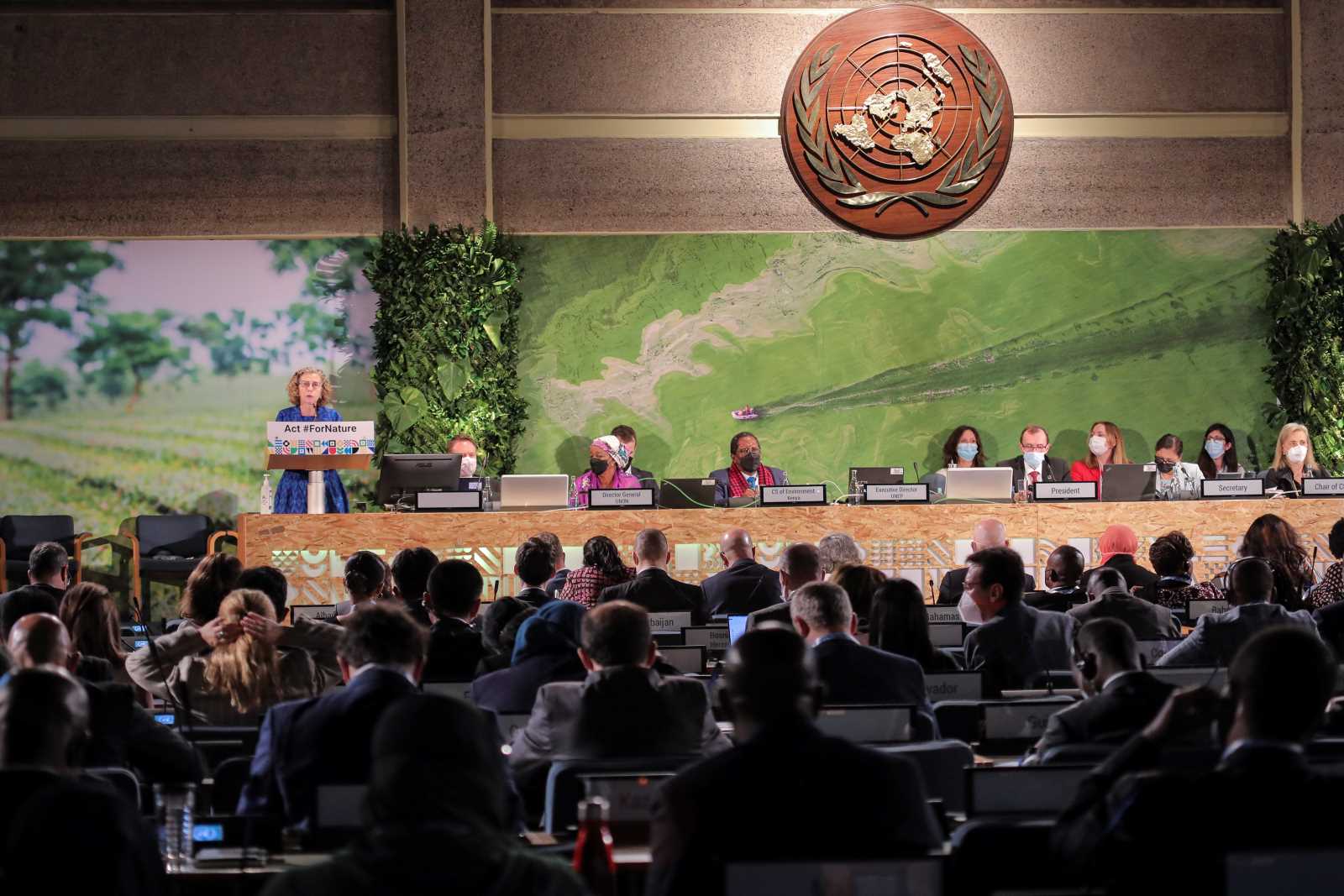G7 summit
Germany aspires to set development agenda

According to the German Federal Ministry for Economic Cooperation and Development (BMZ), the G7 nations Canada, France, Germany, Italy, Japan, Britain and the USA are tasked to launch initiatives, draw the public’s attention to current challenges and mobilise financial resources for development. The BMZ – in cooperation with other ministries – has formulated several development-policy priorities for the summit.
One of them is women’s economic empowerment. A G7 initiative is to focus on vocational training for women in developing countries and improve their job and self-employment opportunities. This will only happen if employers create an environment that suits women’s needs. The German G7 presidency therefore calls for companies to sign the Women’s Empowerment Principles, seven guidelines established by UN Women and UN Global Compact in 2010. Specifically, Germany seeks a commitment by the G7 nations to raise the number of women and girls with vocational skills in developing countries by one third until 2030.
Furthermore, the German presidency is focusing on health. Priorities include fighting infectious diseases, improving child and maternal health and strengthening health-care systems. At the summit meeting in Schloss Elmau, the German government will discuss the growing danger of increasing antibiotic resistance as well as the prevention and treatment of neglected and poverty-related diseases.
In order to fight world hunger and malnutrition, Berlin proposes that the G7 adopt a powerful long-term goal. To reach it, the BMZ suggests taking a broad rural development approach. It should be geared to fostering more sustainable agriculture on the one hand and providing tailor-made assistance to malnourished children and women and for hungry people in wars and conflicts on the other. The ministry has proposed to its G7 partners to jointly develop a “Broad Food Security and Nutrition Development Approach” that should go beyond merely increasing production and promoting investment in agriculture. The BMZ insists on a comprehensive understanding of food security.
During its presidency that lasts until the end of the year, Germany is also promoting higher social and environmental standards in supply chains, demanding globally binding rules on issues such as occupational safety and environmental protection, for instance. Germany wants the G7 to lead by example and to involve all relevant stakeholders – governments, private enterprises, NGOs, trade unions and consumers. All of them have a bearing on markets, after all. One guiding idea is that, once consumers in the developed world get more – and more transparent – information, they will understand in what conditions products they buy are manufactured.
Furthermore, Germany wants to add momentum in the decisive phase of the international climate negotiations before the UN climate conference in Paris at the end of the year. The Federal Government is promoting measures such as providing insurance against climate risks and mobilising more private investment in environment-friendly technologies. In regard to the post-2015 agenda, Germany wants the G7 group to ensure an ambitious result.
Katja Dombrowski
Link:
Development policy in the context of Germany’s G7 Presidency:
http://www.bmz.de/g7/en/Entwicklungspolitische_Schwerpunkte/index.html














